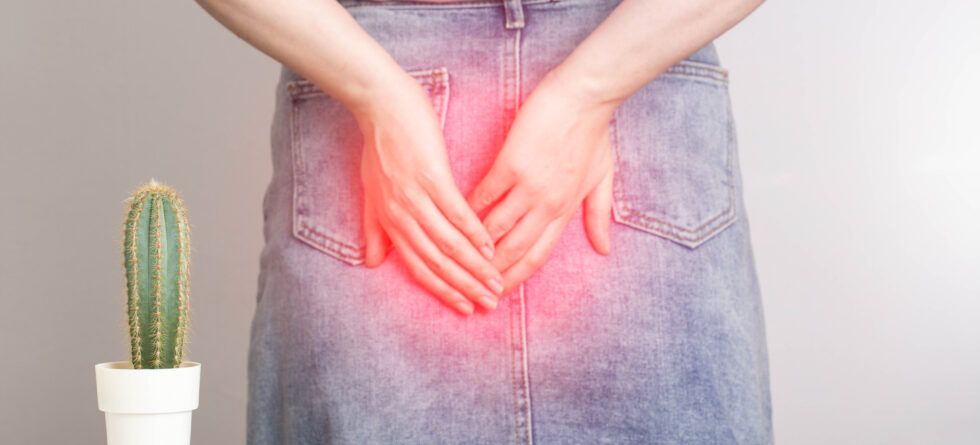Pelvic organ prolapse (POP) occurs when the muscles & tissues supporting the pelvic organs weaken, allowing organs like the bladder, uterus, or rectum to shift downward into the vaginal canal. While early signs may be subtle, knowing the red flags can help you seek timely care & avoid worsening symptoms.
Common Red Flags of Pelvic Organ Prolapse
A Feeling of Heaviness or Pressure in the Pelvis
One of the earliest & most common warning signs is a sensation of pressure or heaviness in the lower abdomen or vagina, especially after standing or lifting. It may feel like something is “falling out.”
Visible or Palpable Bulge
You might notice a bulge in or near the vaginal opening. In some cases, women can feel or even see tissue protruding, especially during activities that increase abdominal pressure.
Urinary Issues
Frequent urination, difficulty emptying the bladder, stress incontinence (leaking with coughing or sneezing), or a sudden urge to urinate can all point to a prolapsed bladder or urethra.
Bowel Dysfunction
Constipation, difficulty with bowel movements, or feeling like the rectum isn’t completely empty may suggest a rectocele (rectal prolapse into the vagina).
Pain or Discomfort During Intercourse
Pain, pressure, or discomfort during intimacy can be a red flag, especially when paired with other symptoms.
Lower Back Pain
Mild but persistent low back pain may be linked to prolapse, especially when it’s not explained by other conditions.
Worsening Symptoms Later in the Day
Many people notice symptoms intensify after long periods of standing or physical activity. This happens due to gravity & muscle fatigue.
When to Seek Help
If you experience any of these symptoms, it’s crucial not to ignore them. Early intervention can often prevent prolapse from progressing. At Physical Therapy by Phoenix in Springfield, MO, we offer specialized pelvic floor therapy to help strengthen your core muscles & relieve prolapse-related symptoms naturally.
Address – 1839 E. Independence, Ste R, Springfield, MO 65804
Phone – (417) 708-5174




